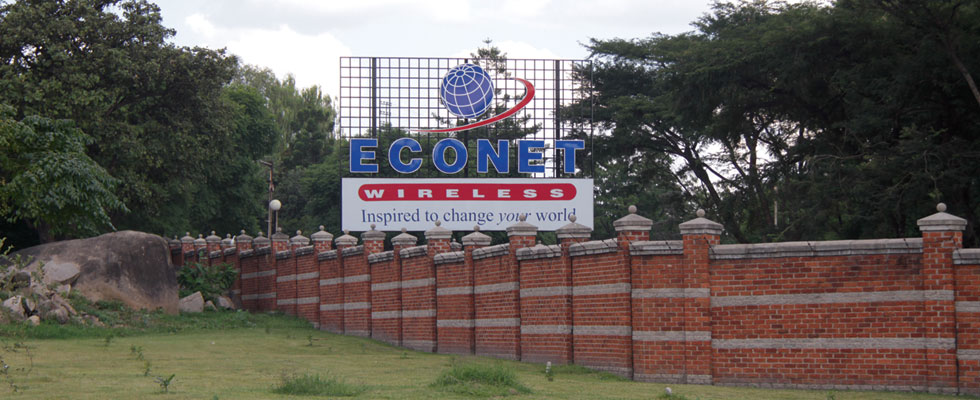
PROSPECTIVE players in the country’s telecommunications sector will this year continue to face hurdles in penetrating the market due to intensified competition and a hike in registration fees.
ACTING BUSINESS EDITOR
While cut throat competition has become a common feature among the country’s three mobile phone operators — Econet, Telecel and NetOne – further pushing down the cost of communication, analysts said an upward revision in the fees would perpetuate an oligopoly.
An oligopoly is a market structure in which a few firms dominate. When a market is shared between a few firms, it is said to be highly concentrated. Although only a few firms dominate, it is possible that many small firms may also operate in the market.
The information communication technology sector, which is one of the fastest growing sectors in Zimbabwe, remained very competitive in 2013 at a time when key sectors such as manufacturing had raised the red flag.
“Mobile service providers were caught up in a pricing tiff in the second half of 2013. A number of promotional packages were launched and these led to an increase on the call time spent and revenue by nearly 4,3%,” MMC Capital said in its outlook for 2014.
“The licence fees for mobile operators were reviewed to $137,5 million for 20 years and this has raised the barriers of entry for the sector which is already oligopolistic in nature and capital intensive after the increase in the fees.”
The new fees, according to a visiting International Monetary Fund was a key driver of government in 2013. Econet became the first operator to meet the new fees, leaving Telecel and NetOne negotiating with the telecoms regulator for payment plans.
- Chamisa under fire over US$120K donation
- Mavhunga puts DeMbare into Chibuku quarterfinals
- Pension funds bet on Cabora Bassa oilfields
- Councils defy govt fire tender directive
Keep Reading
Official figures show that mobile penetration now stands 97% while teledensity is at 100% and broadband and data services developing and still present opportunities (35% penetration rate).
Experts say low service level and mobile financial services were yet to be exploited as the country’s financial exclusion remains high. With no changes to the telecoms law, competition among mobile phone operators will remain a three-horse race as some players are yet to meet the new licence fees.







